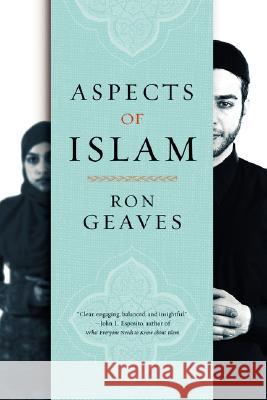Aspects of Islam » książka
Aspects of Islam
ISBN-13: 9781589010734 / Angielski / Miękka / 2005 / 264 str.
On a Monday in August 2004, three Muslim girls sat with each other on the floor of a mosque surrounded by boxes of books. Two wore traditional Muslim dress, their companion was dressed Western style, but their intention was the same. They were involved in a project to distribute almost 2 million dollars worth of books, DVDs, and videos to over 300 British public libraries. Their aim was not to convert or proselytize but to educate the public about their faith and try to offset the negative image of Islam that has developed since 9/11. Perhaps of more significance was the fact that the books used for the project were not the 'insider' literature produced by the mosques, but works of Western academics that approached their subject in a neutral and informative manner. Ron Geaves offers a thematic and experiential exploration of the Muslim religion and world that shows it is not some homogenous entity but the dynamic faith you would expect to find in a religion over fourteen centuries old, consisting of over a billion people stretching from the USA to China. Readers of the book require no previous knowledge of the subject. Chapters are dedicated to individual topics and range from a look at Western media representation of Islam, through controversial issues such as martyrdom, shari'a law, jihad, and the place of women. It examines the ideas of community, Sufism, fundamentalism and other sects within the faith, and also explains the source of many of the interpretations of the Prophet Mohammed, and the importance of the Muslim concept of unity. By examining the divisions that exist within contemporary Islam, Geaves makes a special contribution to the ongoing examination of today's Muslim communities. By offering a way to better understand this tradition, Geaves helps to counteract the oversimplifications that seem to dominate popular discourse about Muslims and instead shows them as participants in a religious tradition that is still unfolding, struggling to recognize and respect its diversities while seeking to maintain a unity that all parts of it acknowledge as central.











